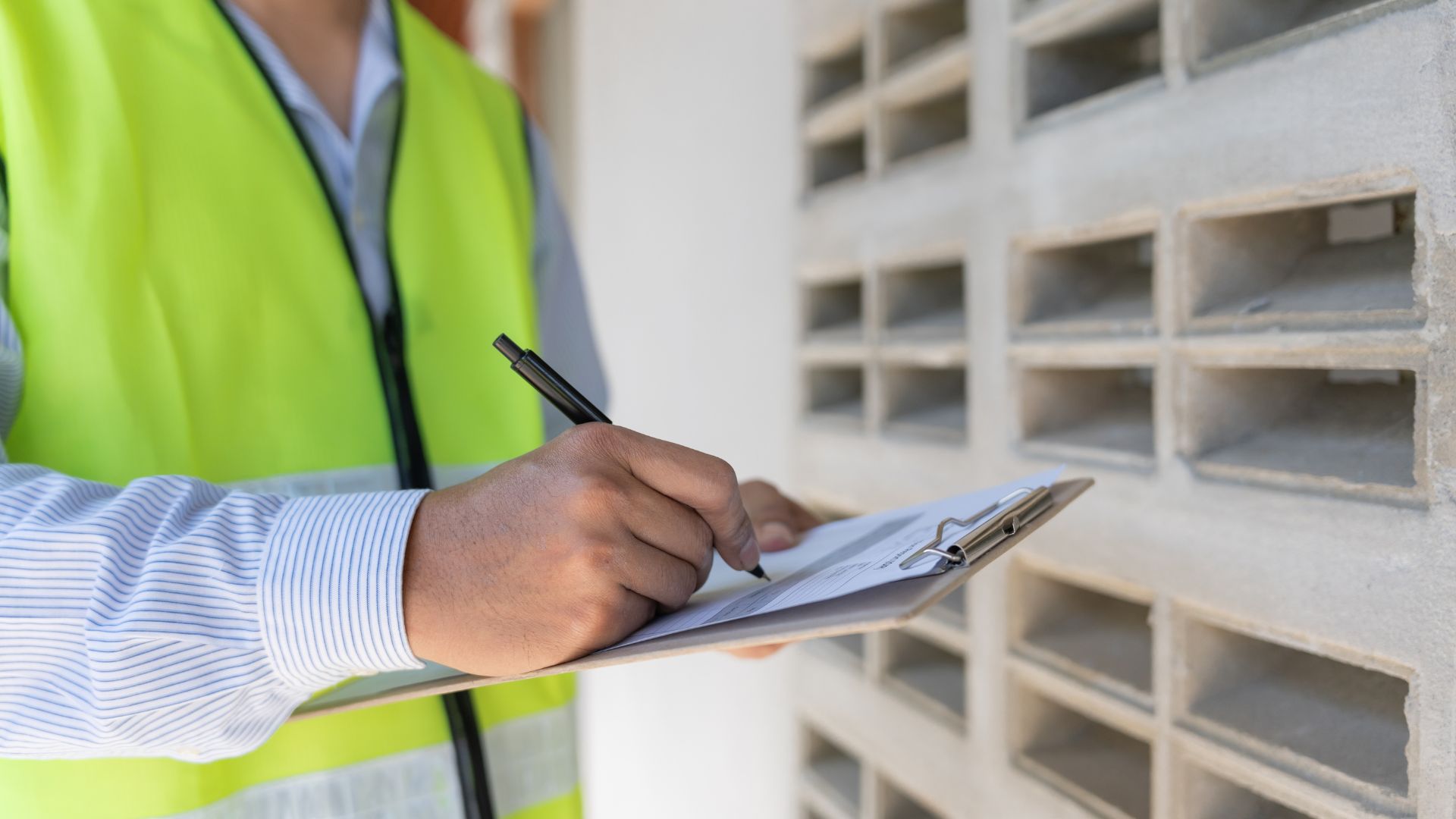Retail quality assurance is the process of making sure that the products sold to customers meet the highest standards of safety, durability, and performance. In today’s competitive world, businesses must deliver high-quality products to stay relevant and build customer trust. A single defective product can harm a brand’s reputation and lead to customer dissatisfaction.
Quality assurance checks ensure that products like electronics, clothing, and toys are safe to use, reliable, and of good value. This process begins with raw material inspections, continues through production monitoring, and ends with testing the final product. Whether you’re a manufacturer, distributor, or retailer, retail quality assurance is key to avoiding costly mistakes, building trust, and maintaining long-term success.
The Benefits of Product Quality Checks
Implementing proper quality assurance practices brings many advantages. Here are the main benefits:
-
- Keeps Customers Safe
By ensuring products meet safety standards, businesses reduce the risk of accidents or injuries caused by faulty items.
-
- Improves Brand Reputation
High-quality products build a positive brand image, making customers more likely to buy from the same company again.
-
- Reduces Returns and Complaints
Quality assurance minimizes defects, leading to fewer complaints, returns, or refunds. This saves both time and money.
-
- Increases Customer Loyalty
When customers trust the quality of your products, they are more likely to return for future purchases.
-
- Ensures Compliance with Regulations
Quality checks ensure products follow legal standards, avoiding penalties and legal issues.
-
- Enhances Operational Efficiency
Identifying problems early in the production process helps streamline operations and reduce waste.

How Retail Product Testing Works in Different Sectors?
Quality assurance is designed to fit the needs of different industries. Each product type has its own set of challenges and standards.
- Fashion and Apparel
In fashion, customers expect garments to look good, feel comfortable, and last long. Quality checks ensure the stitching, fabric, and design meet these expectations. For example, inspecting textiles for durability ensures that clothes don’t tear or shrink after a few washes.
- Electronics
Electronics need to be safe, functional, and reliable. Retail product inspections for electronics includes testing battery life, durability, and performance under different conditions. This ensures that devices like phones and gadgets meet customer expectations and safety standards.
- Toys
Children’s safety is a top priority in the toy industry. Toys are tested for choking hazards, sharp edges, and toxic materials. These checks ensure they comply with safety regulations and are safe for kids to use.
Key Steps in Retail Product Testing
Product quality checks involves several important steps to make sure that products meet high standards before they reach customers:
-
- Inspecting Materials
The process starts with inspecting raw materials or components. This ensures the quality of the finished product is strong and reliable.
-
- Monitoring Production
Quality checks are carried out during production to catch and fix any problems early. This helps avoid delays and reduces waste.
-
- Testing Finished Products
Once the product is complete, it undergoes final testing. For example, electronics are tested for performance, while clothes are checked for stitching and fit.
-
- Supplier Audits
Suppliers are evaluated to ensure they follow ethical practices and meet required standards. This ensures consistency and transparency in the supply chain.
Best Practices for Retail Quality Management
To make quality assurance effective, businesses should follow some best practices:
-
- Set Clear Standards: Define what “quality” means for your product and create specific benchmarks to measure it.
-
- Invest in Technology: Use modern tools like automated inspection systems to check for defects quickly and accurately.
-
- Train Employees: Educate workers on the importance of quality assurance and how to identify problems during production.
-
- Work Closely with Suppliers: Build strong relationships with suppliers to ensure they meet your standards.
-
- Conduct Regular Audits: Frequently review your processes to identify and fix any gaps in quality assurance.
Tips for Better Quality Control
To improve retail quality standards, businesses can adopt these simple strategies:
-
- Start Early
Begin quality checks at the material stage to prevent issues from escalating later.
-
- Document Inspections
Keep detailed records of all inspections and tests. This makes it easier to track problems and ensure accountability.
-
- Engage Experts
Hire third-party inspectors for unbiased evaluations of your products.
-
- Collect Customer Feedback
Listen to customer reviews and complaints to identify areas for improvement.
-
- Stay Updated on Regulations
Regularly review and update processes to comply with new laws and safety standards.
Why Retail Product Testing is Non-Negotiable?
In the retail world, quality assurance isn’t just about avoiding defective products; it’s about building trust and delivering value. Businesses that focus on quality are more likely to succeed in the long run. At Branding Manufacturing Services, we focus on inspecting materials, monitoring production, and testing final products so that companies can ensure every item meets customer expectations.
When customers receive high-quality products, they are more likely to trust the brand and become loyal buyers. Simply put, retail quality assurance is not an option—it’s a necessity for any business that wants to grow and thrive. Branding Manufacturing Services excels in providing thorough quality assurance solutions to help businesses achieve these goals. Contact us today and let your business outshine your competitors!

